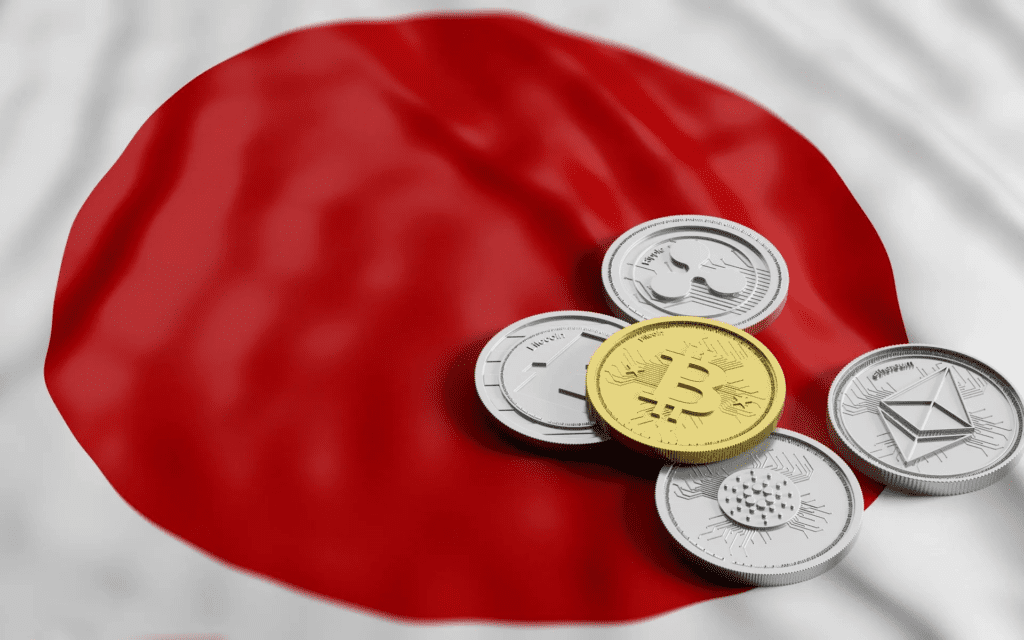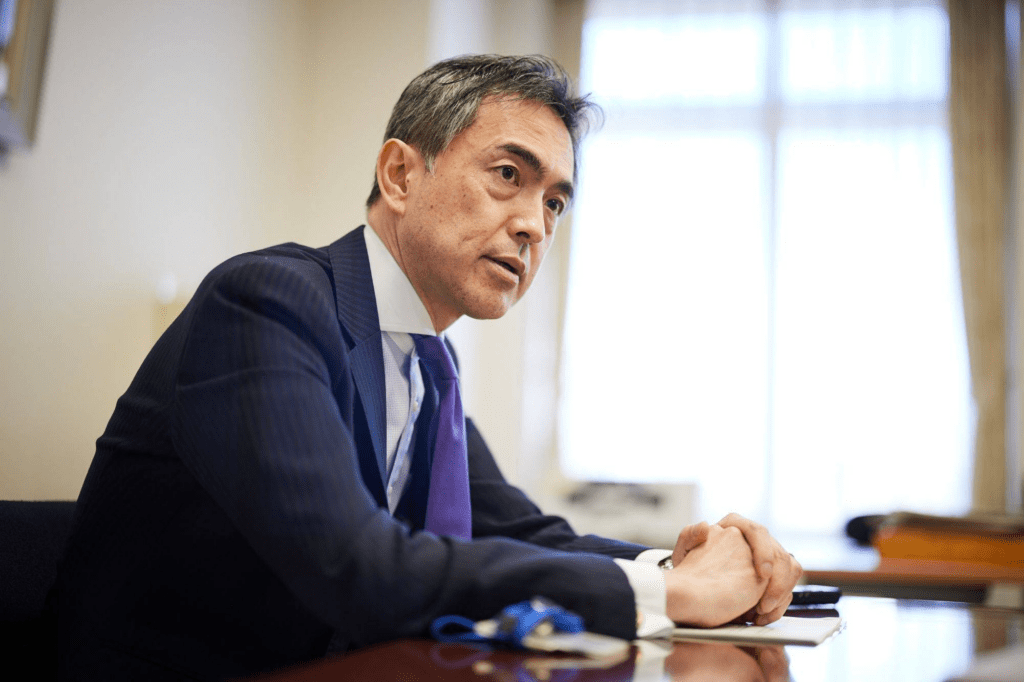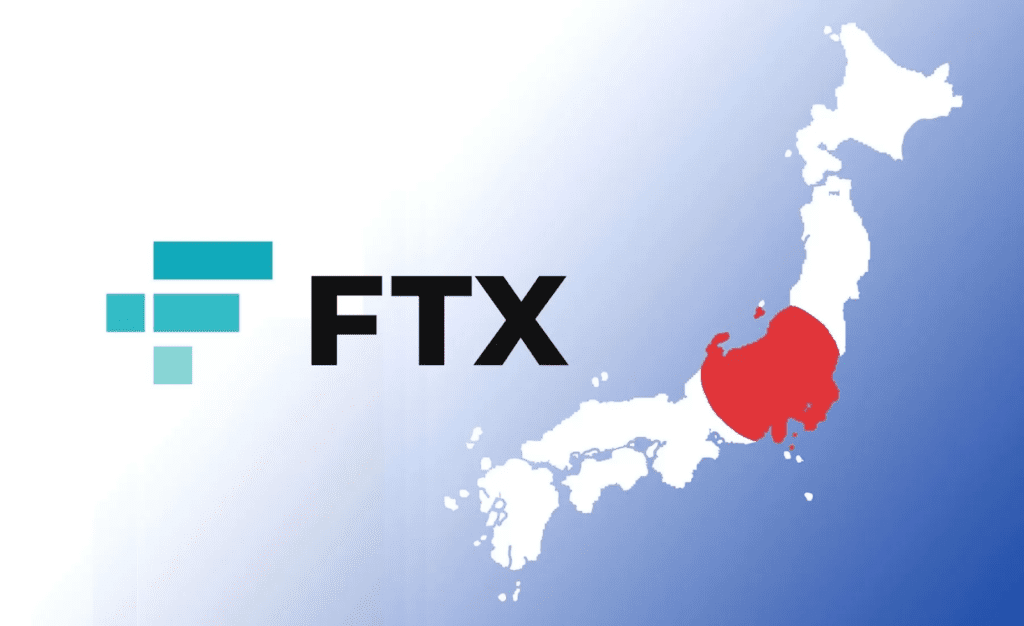Key Points:
- Regulators of Japan have started pressing regulators in the U.S., Europe, and elsewhere to subject cryptocurrency exchanges to regulations similar to those faced by banks and brokerages.
- Japan’s rules have helped to shield investors, who are poised to be able to withdraw their funds from FTX’s local subsidiary next month.
- According to Yanase, countries “need to firmly demand” that cryptocurrency exchanges take steps to protect consumers.
Japan is asking authorities around the world to approach cryptocurrencies with the same rigor that they do banks.

According to Bloomberg News, Mamoru Yanase, deputy director of the Strategic Development and Management Bureau of the Japanese Financial Services Agency, said:
“Crypto has become this big. If you like to implement effective regulation, you have to do the same as you regulate and supervise traditional institutions.”
Yanase also said that Japanese regulators have started pressing regulators in the U.S., Europe, and elsewhere to subject cryptocurrency exchanges to regulations similar to those faced by banks and brokerages.

FTX’s bankruptcy and fraud charges against Bankman-Fried have battered the crypto sector, highlighting gaps and differences in global digital-asset regulation. Japan’s rules have helped to shield investors, who are willing to be able to withdraw their funds from FTX’s local subsidiary next month.
Regarding the recent event that shocked the crypto world – the collapse of the FTX exchange and Sam Bankman-Fried’s empire – Yanase, who has also worked in banking supervision, said:
“What’s brought about the latest scandal isn’t crypto technology itself. It is loose governance, lax internal controls, and the absence of regulation and supervision.”
Since then, Japanese rules have been enacted to help protect investors, who are poised to withdraw funds from FTX’s local subsidiary next month.

According to Yanase, countries “need to firmly demand” cryptocurrency exchanges to take steps to protect consumers and prevent money laundering, in addition to strong governance, internal controls, auditing, and disclosure.
Officials should also be able to take oversight measures, such as conducting on-site inspections of these companies, to ensure they are properly managing customers’ assets using offline wallets. When large cryptocurrency companies fail, it may be necessary for countries to establish a multinational resolution mechanism to coordinate. One focus of global regulatory discussions may be how to maintain consistency.
DISCLAIMER: The Information on this website is provided as general market commentary and does not constitute investment advice. We encourage you to do your own research before investing.
Join us to keep track of news: https://linktr.ee/coincu
Harold
Coincu News






















